Top Picks for Walking Shoes Perfect for Concrete Surfaces
Walking on concrete surfaces can be both a necessity and a pleasure, but it requires the right footwear to ensure comfort and support. Concrete is unforgiving, and without the proper shoes, it can lead to discomfort, fatigue, and even long-term foot problems. This article delves into the best shoes for walking on concrete, offering a comprehensive guide to help you make an informed choice. Whether you’re a daily commuter, a fitness enthusiast, or someone who simply enjoys walking, finding the right pair of shoes can make all the difference.
Why Concrete Surfaces Demand Special Attention
Concrete is a hard, unyielding surface that provides little to no shock absorption. Unlike natural terrains such as grass or dirt, concrete can amplify the impact on your feet, knees, and hips with every step. According to a study by the American Podiatric Medical Association, prolonged walking on hard surfaces like concrete can lead to conditions such as plantar fasciitis, knee pain, and Achilles tendonitis. Therefore, it’s crucial to choose shoes that offer ample cushioning and support to mitigate these risks. The right shoes for walking on concrete should not only be comfortable but also durable, as they will be subjected to constant wear and tear.
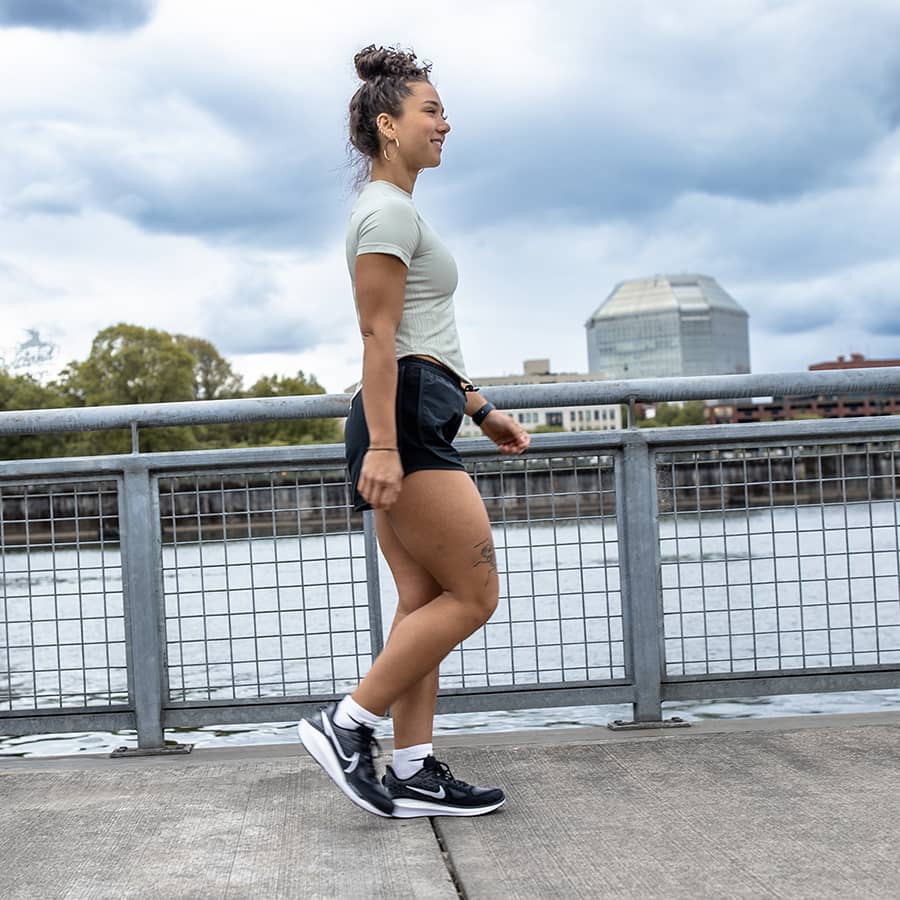
Key Features to Look for in Shoes for Concrete
When selecting shoes for walking on concrete, several key features should be considered to ensure optimal performance and comfort. First and foremost, good shoes for walking on concrete should have excellent cushioning. This is essential to absorb the impact of each step and reduce stress on your joints. Memory foam insoles and gel inserts are popular choices for enhancing cushioning. Additionally, arch support is vital to maintain the natural alignment of your feet and prevent overpronation or supination. Shoes with a sturdy sole and a slight heel elevation can also provide additional comfort and support.
Durability is another critical factor. Shoes designed for concrete should be made from high-quality materials that can withstand the rigors of daily use. Rubber soles are ideal as they offer excellent traction and are resistant to wear. Breathability is also important, especially if you plan to walk for extended periods. Shoes with mesh uppers or perforations can help keep your feet cool and dry, reducing the risk of blisters and discomfort.
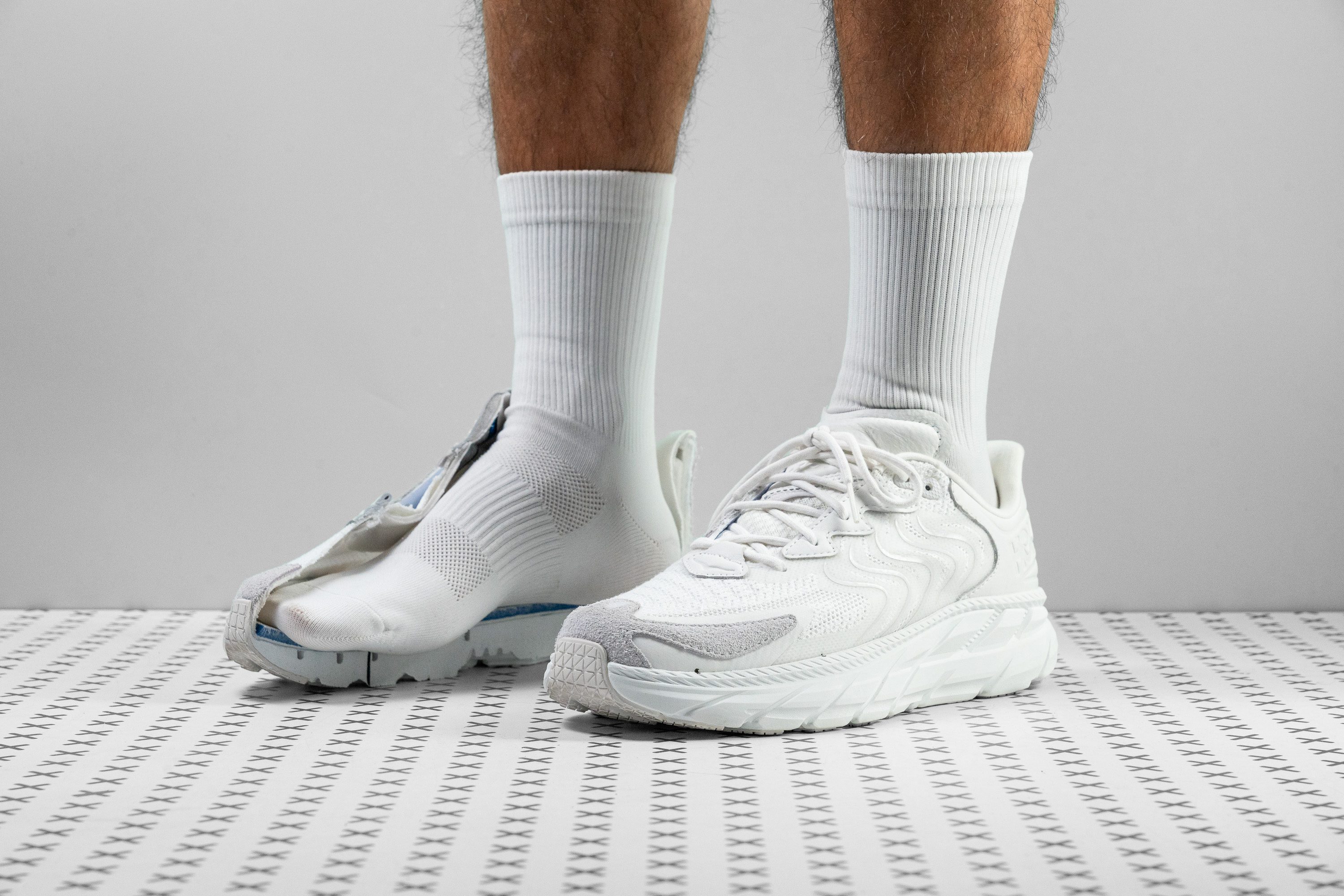
Top Picks for Walking Shoes on Concrete
Several brands have earned a reputation for producing good shoes for walking on concrete. Nike, for instance, offers a range of shoes specifically designed for urban environments. The Nike Air Zoom Pegasus series is a popular choice among walkers and runners alike, known for its responsive cushioning and durable construction. Another excellent option is the Hoka One One Clifton, which combines plush cushioning with a lightweight design, making it ideal for long walks on concrete.
For those seeking a more affordable option, the Skechers GoWalk series is worth considering. These shoes are designed with comfort in mind, featuring soft insoles and flexible soles that adapt to the shape of your feet. The New Balance 623v3 is another solid choice, offering excellent support and durability at a reasonable price point. Each of these shoes has been tested and reviewed by experts, ensuring they meet the high standards required for walking on concrete.
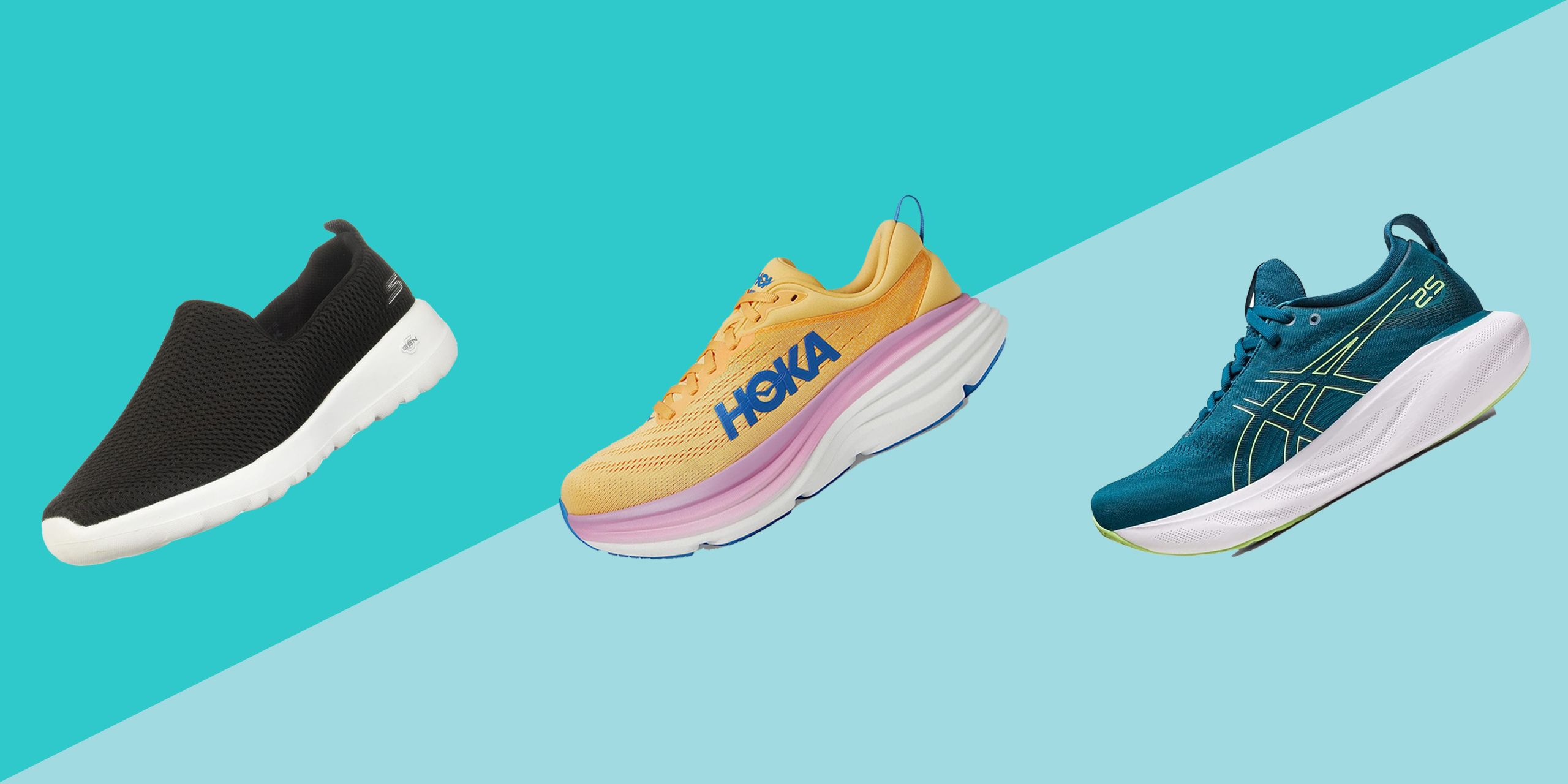
The Science Behind Comfortable Walking Shoes
The science behind comfortable walking shoes is rooted in biomechanics and material engineering. Shoes designed for concrete walking must address the unique challenges posed by hard surfaces. For example, the cushioning system in a shoe is often designed using principles of shock absorption and energy return. According to a study published in the Journal of Sports Sciences, shoes with a high energy return can reduce fatigue and improve walking efficiency. This is why many good shoes for walking on concrete incorporate technologies like Nike’s Air Zoom or Adidas’ Boost, which store and release energy with each step.
Another important aspect is the shoe’s flexibility. Shoes that are too rigid can restrict natural foot movement, leading to discomfort and potential injury. On the other hand, overly flexible shoes may lack the necessary support. The ideal balance is achieved through the use of materials like TPU (Thermoplastic Polyurethane) and EVA (Ethylene Vinyl Acetate), which offer both flexibility and support. These materials are commonly used in the midsole of walking shoes to provide a comfortable and responsive walking experience.
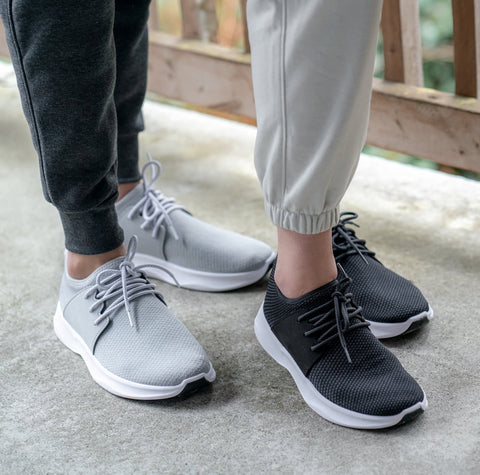
Personal Experiences and Expert Opinions
Many individuals have shared their experiences with good shoes for walking on concrete, highlighting the importance of choosing the right pair. For instance, a user on Quora mentioned that the Hoka One One Bondi 7 completely transformed their daily walks, providing unparalleled comfort and support. Similarly, a review on RunRepeat praised the Skechers GoWalk Max-Arise for its lightweight design and excellent cushioning, making it perfect for long walks on concrete.
Experts also weigh in on the topic. Dr. Emily Splichal, a podiatrist and human movement specialist, emphasizes the importance of proper footwear in preventing foot injuries. She recommends shoes with a wide toe box and ample cushioning to accommodate the natural shape of the foot. Additionally, she suggests trying on shoes later in the day when your feet are slightly swollen, as this provides a more accurate fit.
“The right pair of shoes can make or break your walking experience. It’s not just about comfort; it’s about protecting your feet and ensuring a healthy walking routine,”
– Dr. Emily Splichal
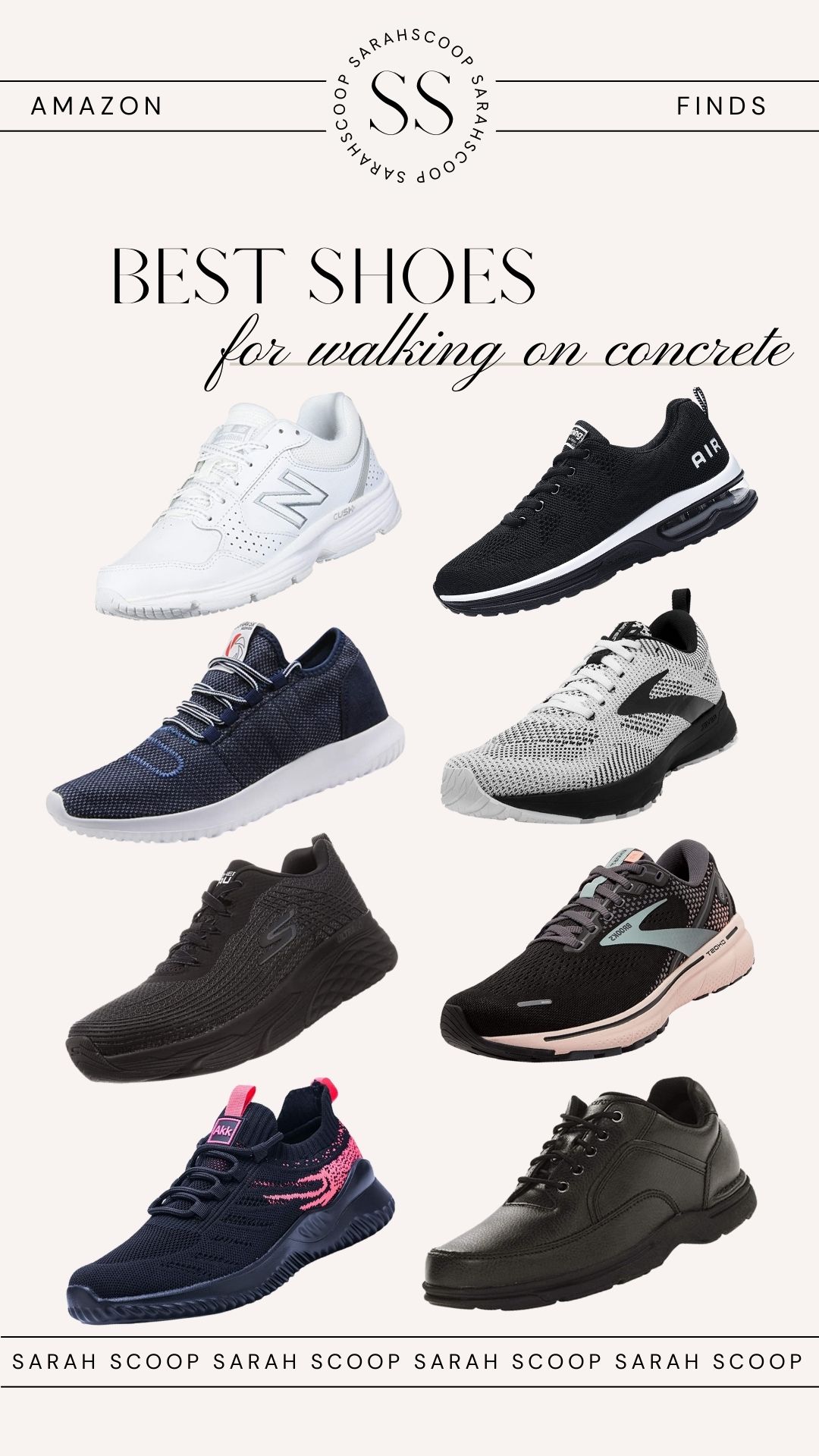
Conclusion
Choosing the right shoes for walking on concrete is essential for maintaining comfort, preventing injuries, and ensuring a pleasant walking experience. The key features to look for include excellent cushioning, durable construction, and proper support. Brands like Nike, Hoka One One, Skechers, and New Balance offer a range of options that cater to different needs and budgets. By understanding the science behind comfortable walking shoes and considering personal experiences and expert opinions, you can make an informed decision and find the perfect pair for your needs.
Remember, investing in a good pair of shoes is not just about comfort; it’s about protecting your feet and ensuring a healthy walking routine. Whether you’re walking to work, exploring the city, or simply enjoying a leisurely stroll, the right shoes can make all the difference. So, take the time to find the perfect pair, and enjoy the benefits of walking on concrete with ease and comfort.
